
Oriented Research Type B
Reference: PID2022-139211OB-100
Area: Culture: philology, literature and art
Subarea: Arte, bellas artes, museology
Director: Martí Peran
Location: Universitat de Barcelona, Catalonia, Spain
Visuality and geoaesthetics in the era of ecosocial crisis. Analytical approaches (VIGEO)
Project Framework
More and more artistic projects are being conceived from concepts, methodologies, and aesthetics related to geology and developed in response to concerns about the geological era marked by the Anthropocene, the investigations into the social and environmental impacts of extractivism, and the proliferation of visual configurations resembling stratigraphy. These are artistic projects that engage with the material concerns of the territory, both in terms of social struggles and the transformation of the Earth, addressing the future challenges of humanity as a whole and, in particular, its most vulnerable sectors.
This turn towards the geological was already present in the work of Land Art artists, especially in Robert Smithson, who advocated for an “abstract geology,” drawing connections between the geological, the body, and mental processes. A geology whose sedimentations he interpreted as crystallizations of thought (Smithson, 1969). However, the current focus on geology within artistic practices is particularly aimed at highlighting and addressing social and environmental issues stemming from the current climate and resource crises, as seen in the works developed by the artist Trevor Paglen or the projects of the collective Más Arte Más Acción.
That said, specific studies within the Hispanic sphere that analyze the visual configurations of contemporary artists within the framework of Geological Humanities have yet to be conducted. Similarly, alongside a retrospective analysis, there is an urgent need to prospectively address the future conditions of life on Earth and the possibilities of geo-aesthetic remodelings through joint work between artists and researchers from various fields. This is with the aim of reactivating the convergences between contemporary art and ecological policies, as well as between visual humanities and environmental humanities. It involves exploring the multiple ways in which artistic projects, art history research, exhibitions, and curatorial practices prioritize the “geological turn” over anthropocentric humanities.
Objectives
- The general objective of the research is to analyze the Hispanic artistic panorama of the last two decades with the aim of creating an archive of artistic practices that can be considered within the framework of the Geological Humanities.
- Similarly, the aim is to carry out a diagnosis of the current eco-social crisis and its relationship with geology through these artistic practices.
- The research also intends to study and disseminate prospective and cross-disciplinary investigations taking place in non-Hispanic contexts around the hypothesis of terraforming and other forms of planetary design.
- Furthermore, a general objective of this research is to foster an encounter between contemporary artistic practices and other fields of knowledge.
Impact
The expected impact in the field of knowledge advancement can be summarized as follows:
- Provide tools to consolidate the understanding of artistic practices within the framework of the Geological Humanities.
- Contribute to broadening the extensive debate on the functions, values, and methodologies of art in the face of the eco-social crisis, fostering an impact on other disciplines.
- Emphasize the multiplication of intersections between the art sphere and other disciplinary fields.
- Contribute to establishing innovative parameters for Art History and Theory, focusing on contemporary artistic practices.
Internationalization
Researchers
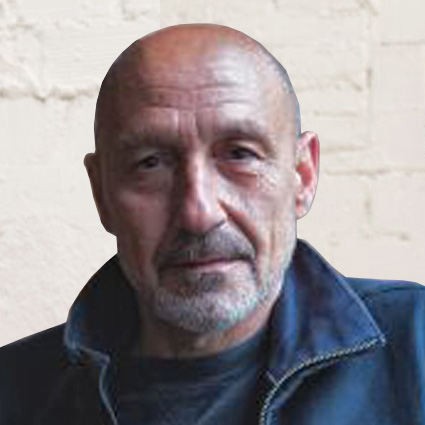
Marti Peran
Principal Researcher
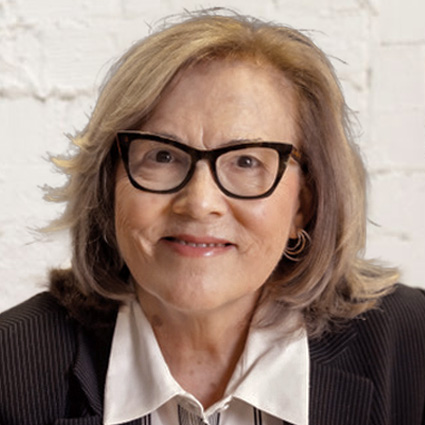
Anna María Guasch
Researcher
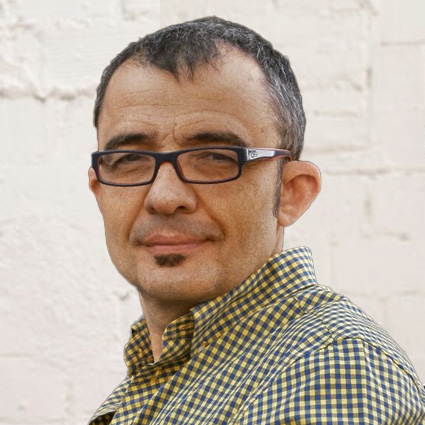
Juan Vicente Aliaga
Researcher
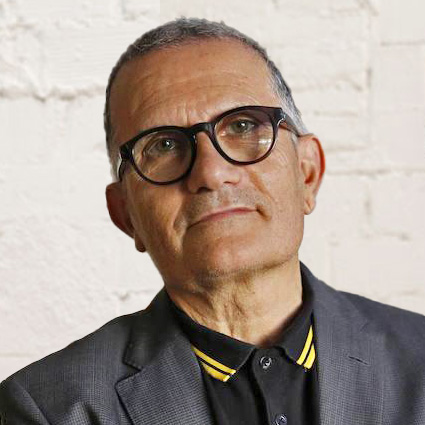
José Miguel García
Researcher
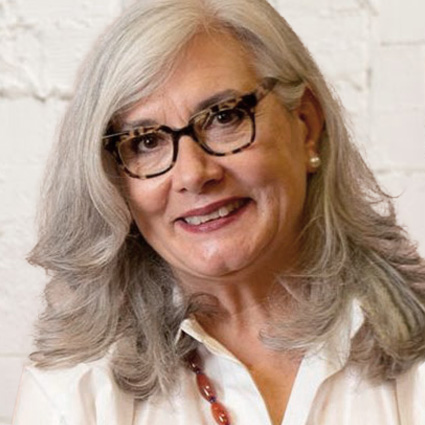
Isabel Valverde
Researcher
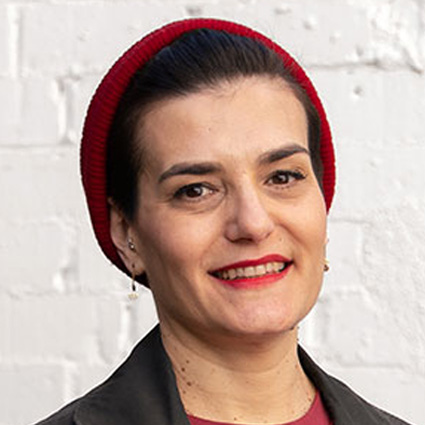
Federica Matelli
Researcher
Members
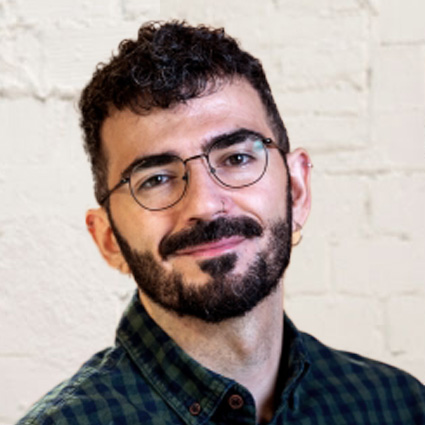
Christian Alonso
Team Member
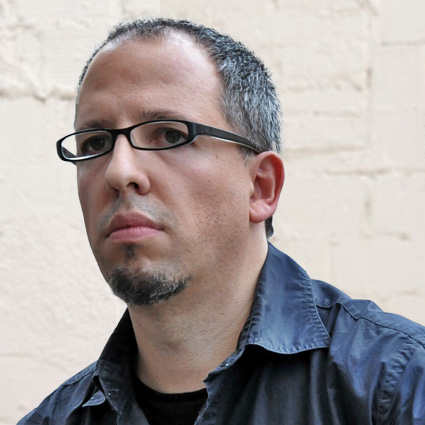
Joaquín Barriendos
Team Member
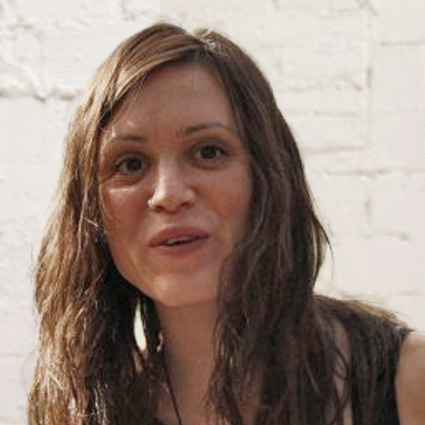
Alessia Gervassone
Team Member

Nasheli Jiménez del Val
Team Member
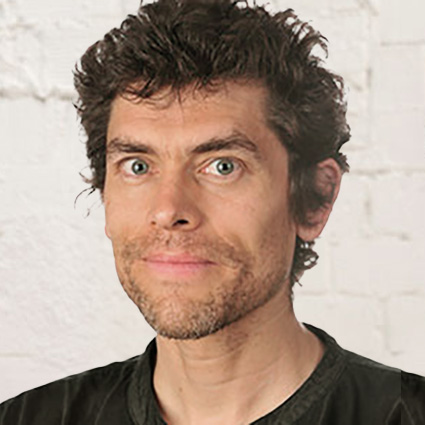
Bernat Lladó
Team Member
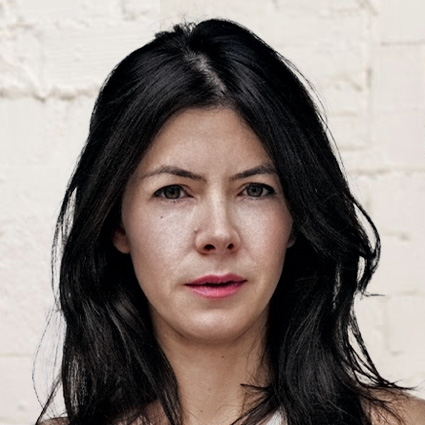
Diana Padrón
Team Member
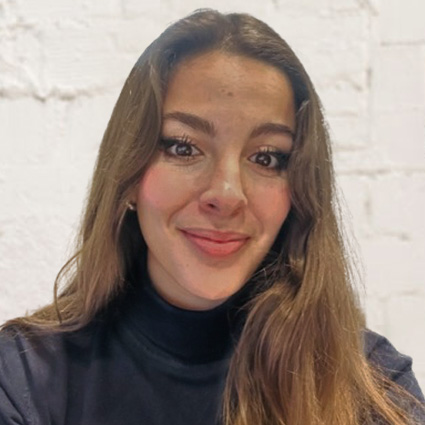
Anna Pérez Milán
Team Member
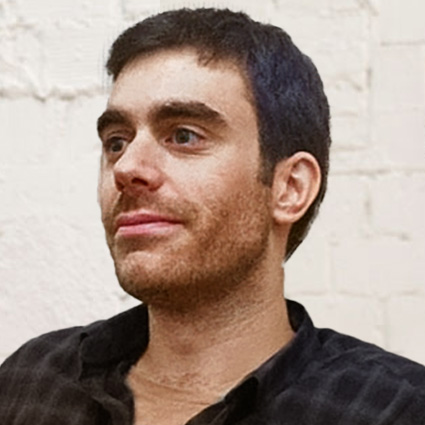
Pablo Santa Olalla
Team Member
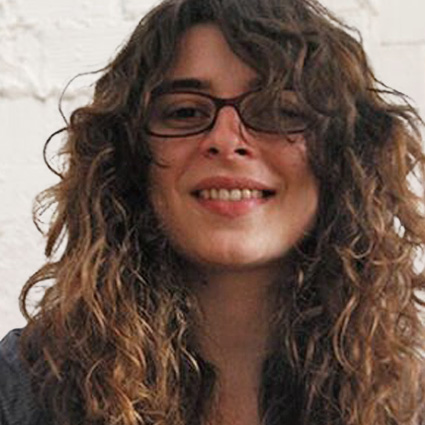
Chiara Sgaramella
Team Member
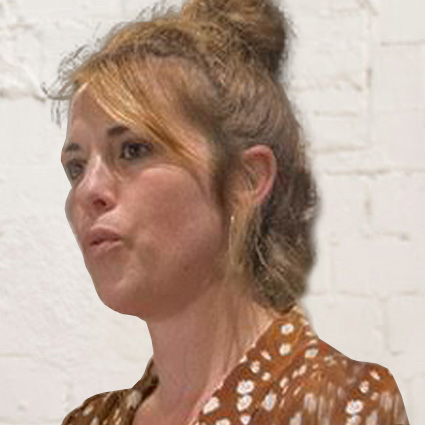
Olga Sureda
Team Member
